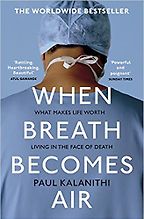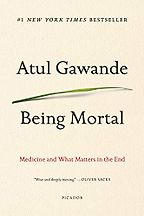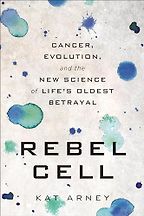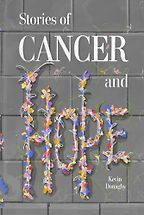Books by Paul Kalanithi
“What I was fascinated by was the dual perspective, where he’s both a patient and a doctor. And even though he’s a doctor, he’s just as vulnerable when he gets the disease. He’s a human being, just like everybody else—but he sees it through his professional eyes. He views himself as a patient in this medical system, which he is also representing, and he explains how he struggles with the different roles. Indirectly, he shows us how difficult it must be for patients without the professional perspective to understand and fit into this system of medical practice. Kalanithi explains, for example, how even though he’s a surgeon himself, his opinion is sometimes ignored by doctors. Of course, a lot of patients feel that the system is not listening to what they have to say, and this book makes you really think about how the medical system works.” Read more...
Also a neurosurgeon, Paul Kalanithi wrote this book after being diagnosed with metastatic lung cancer at the age of 36—and it was published to enormous acclaim shortly after his death a year later. Kalanithi was motivated “by the question of what, given that all organisms die, makes a virtuous and meaningful life,” and it is this searching, compassionate tone that marks his book out. Deeply moving and—against all odds—life affirming. Make sure you keep tissues close at hand.
From our article Books like This is Going to Hurt
Interviews where books by Paul Kalanithi were recommended
-

1
The Emperor of All Maladies: A Biography of Cancer
by Siddhartha Mukherjee -

2
Being Mortal: Medicine and What Matters in the End
by Atul Gawande -

3
When Breath Becomes Air
by Paul Kalanithi -

4
Rebel Cell: Cancer, Evolution and the New Science of Life
by Kat Arney -

5
Stories of Cancer and Hope
by Kevin Donaghy
The best books on Cancer, recommended by Jarle Breivik
The best books on Cancer, recommended by Jarle Breivik
Many of us view cancer as an enemy that we have to fight and look forward to the day it is eliminated by modern medicine. But that’s not going to happen, says Jarle Breivik, a professor of medicine at the University of Oslo. He argues for a more realistic approach to cancer as a fundamental part of life and what it means to be human.




